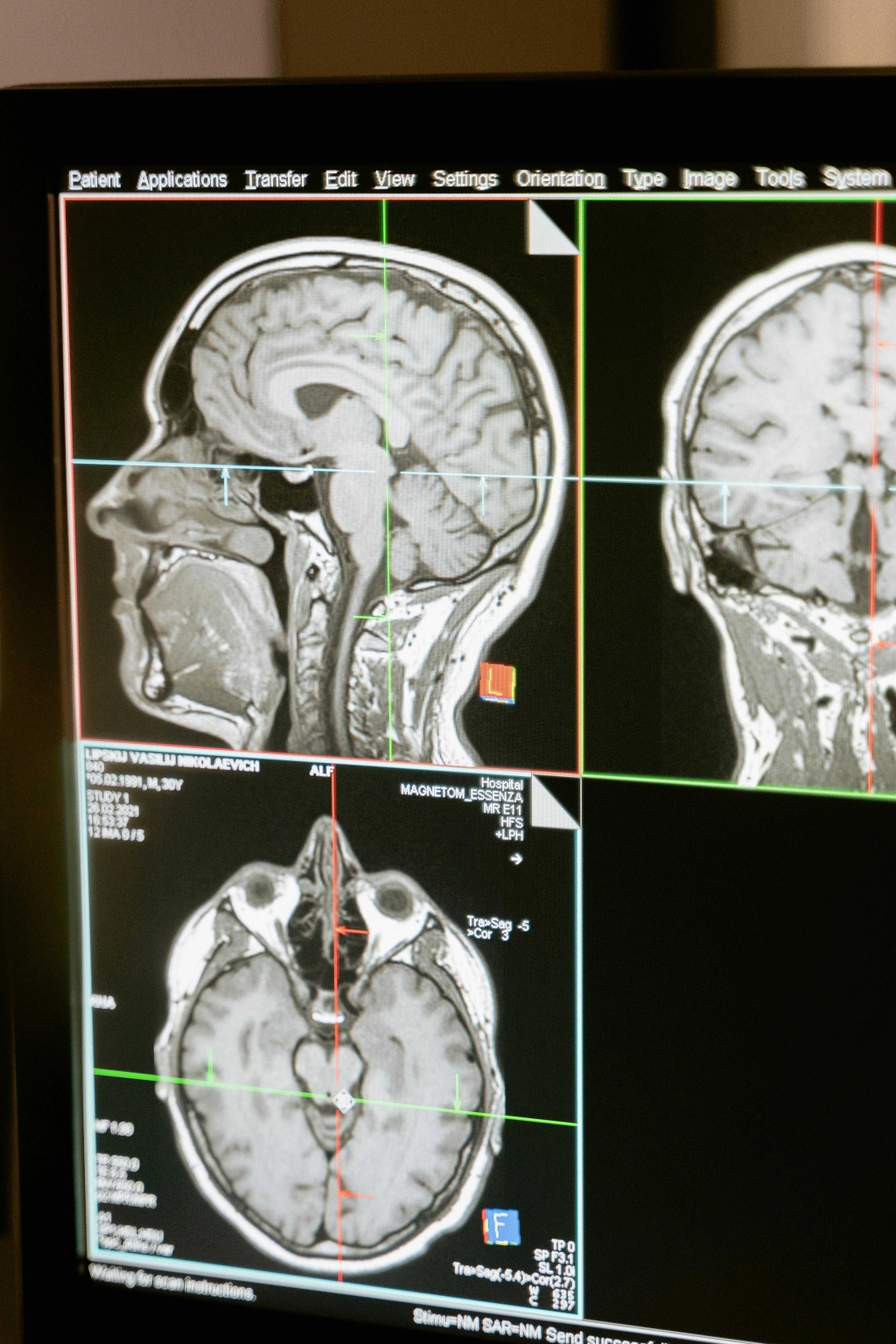
Exploring the invisible: Dr. Ariadni Boziki simulates the molecular world
Chrysovalantou Kalaitzidou

Magazine / Technology , Medicine
The development of artificial intelligence in recent years has been rapid. Popular applications like Siri and ChatGPT have become integral parts of our lives due to the convenience and ease they provide in our daily routines. Notably, the scientific community considers artificial intelligence as a powerful tool in understanding and combating pathological conditions [1]. With the proper use of various algorithms, both clinical study and practice, as well as patients, can benefit maximally.
A research team from Google Research and Google DeepMind designed an impressive experiment and developed a new algorithm for recording patient’s medical history in a conversational way. The algorithm was trained using large databases and evidence from real discussions between doctors and patients. The precise recording of symptoms and the patient's medical history is an extremely important skill, as a worth noting percentage of correct diagnosis and choice of the most appropriate treatment relies on the success of this stage. Additionally, a relationship of trust is established between the patient and the doctor during this stage.
To assess the algorithm's success, researchers designed an experiment involving participating actor patients, doctors, and an examiner who evaluated their interaction based on online conversation. The actor patients used 149 possible scenarios without knowing whether they were discussing with the doctor or the algorithm. Researchers then evaluated and compared the responses of the latter two. Meanwhile, the patient evaluated the communication skills of their conversational partner based on their online discussion.
Interestingly, the algorithm achieved a higher success rate in diagnosing medical conditions as well as in criteria related to communication skills compared to the doctors who participated in the study. Specifically, the algorithm's responses were evaluated as more empathetic and respectful of the patient's well-being compared to the responses from real doctors. Researchers, explaining the results, argue that the doctors who participated in the study were not familiar with taking a medical history through written communication. Furthermore, the algorithm is trained to compose lengthy and well-structured discourse compared to the doctor, something the patient may have perceived as more attention and explanation [2].
It is important to highlight that this particular algorithm is still under study as there are several ethical issues regarding its use in clinical practice. Nevertheless, the study results provide food for thought beyond evaluating an experimental algorithm. For example, the development of empathy and communication skills are very important aspects of the doctor's role. It would be beneficial to focus more on this aspect in the education of the existing and new generation of scientists and doctors. Furthermore, it is important to appreciate that proper education aids in the development of critical thinking and offers a deep understanding of the subject, something that algorithms find difficult to achieve. Artificial intelligence can become our best friend in advancing science and life only if people learn to evolve alongside it.
Sources:
[1] Islam, Md Saiful, et al. Using AI to measure Parkinson’s disease severity at home. npj Digital Medicine 6.1 (2023): 156.
[2] Tu, Tao, et al. Towards conversational diagnostic ai. arXiv preprint arXiv:2401.05654 (2024).

Chrysovalantou Kalaitzidou

Thaleia-Dimitra Doudali

Danai Korre
